The educational environment in which Emory's diagnostic radiology residents train is second to none. Educational opportunities abound and take several forms.
Daily Read-Out
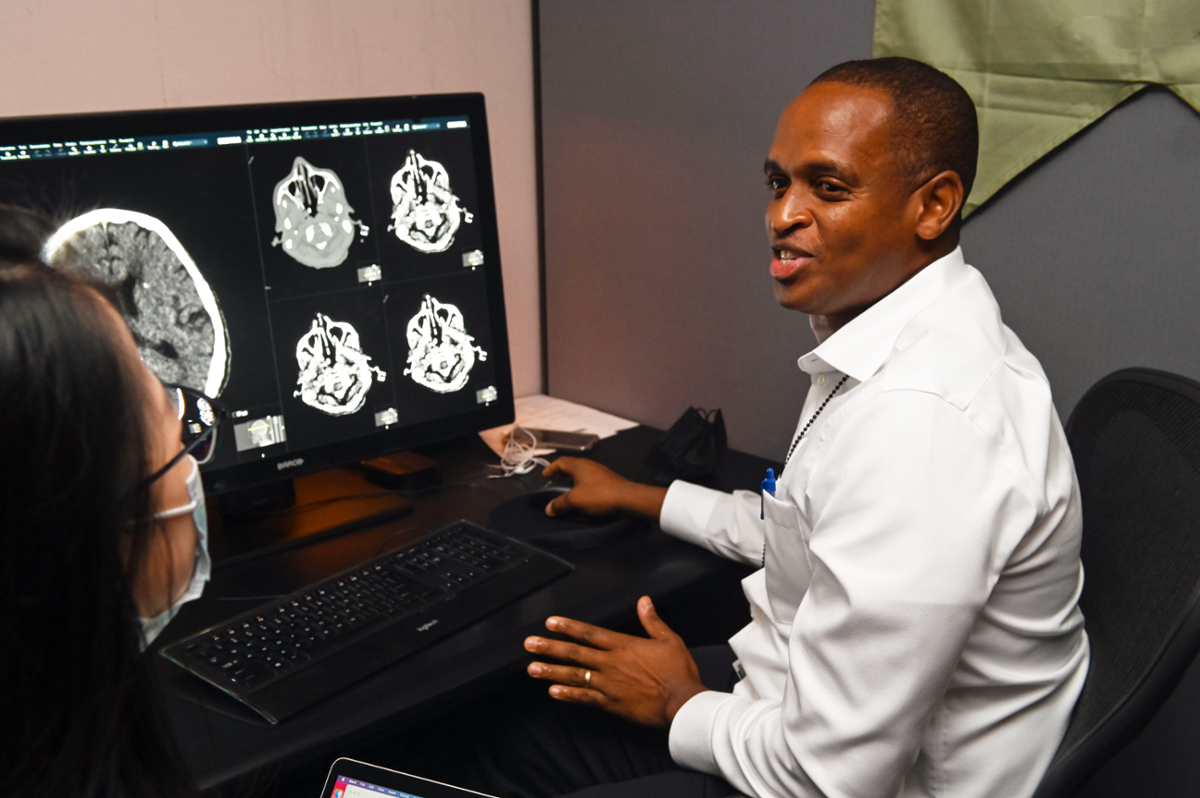
With celebrated clinical faculty who love to teach in every recognized subspecialty, the day-to-day read-outs with "at the PACS" one-on-one teaching form the dominant thread in our educational fabric. Dedicating a rotation to one subspecialty or super-subspecialty and working directly with expert faculty afford unparalleled opportunities for learning and practicing all areas of radiology. The breadth and diversity of pathology we see are a direct result of our world-class teaching hospitals (click here to view our clinical sites) which draw patients not only from metro Atlanta but also from across the state of Georgia and even the Southeast. Our strong case mix and case volume mean plenty of examinations and procedures to go around.
Our Curriculum
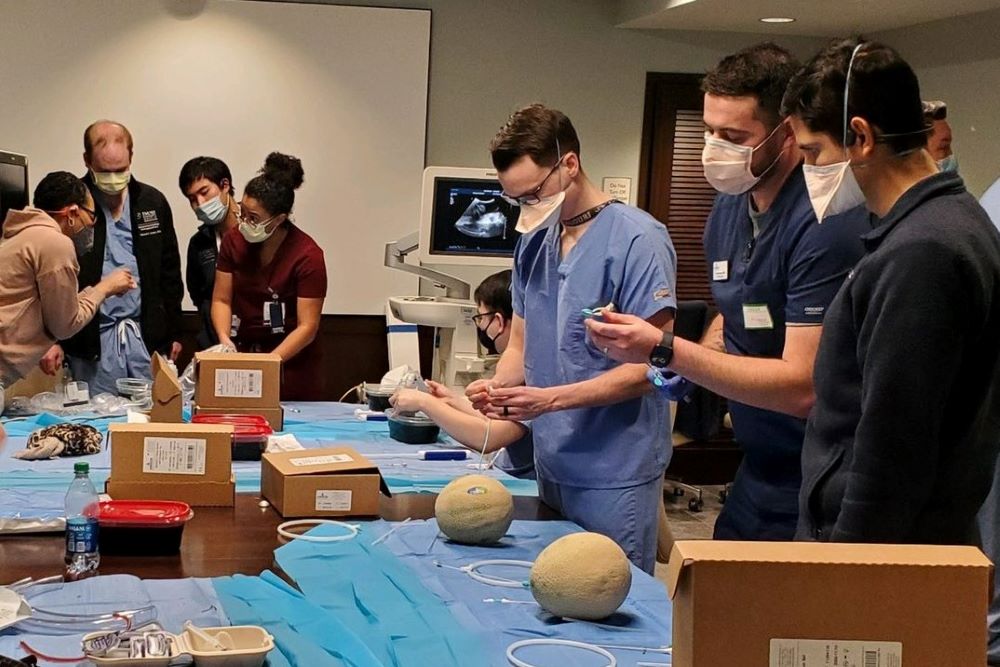
We developed our current curriculum with recent changes to the ABR exam timing and RRC/ACGME program requirements in mind. Our residents rotate through all facets of radiology within the first three years. Super-subspecialty rotations for our residents include interventional neuroradiology, head and neck imaging, and body MRI. Elective and non-VIR procedure rotations are available as well. Our R4 year currently comprises approximately nine months of dedicated elective time.
Conferences

Protected conference time for our residents is another key component of the stellar education our department offers. To ensure that every topic is well-covered, daily noon conference predominantly comprises a structured curriculum of didactic and case conference lectures. A new weekly hot seat-style case conference helps prepare residents for the American Board of Radiology oral certifying examinations. Residents additionally learn through journal clubs, call-preparation seminars, and informal topic-centered discussions (our quarterly Lunch with the Chair, for example), along with a separate curriculum of physics lectures.
Most Wednesday mornings, our department holds Grand Rounds with special lectures from our own faculty and experts from around the world. Weekly divisional conferences specific to certain subspecialty rotations and various interdisciplinary conferences round out our conference experience.
Our residents additionally have ample opportunity to be involved in teaching medical students, other residents, and other healthcare providers.
Research
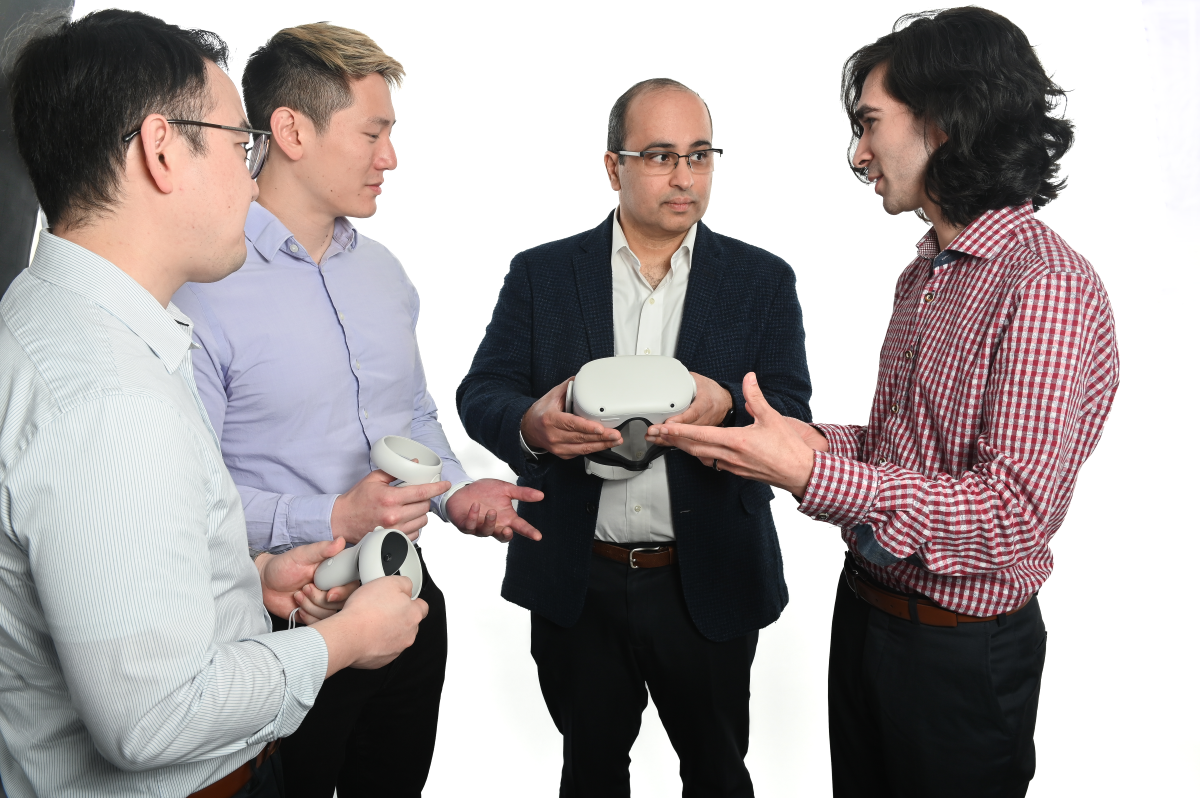
Whether through our Research Track or not, the size and breadth of our research enterprise and the number of translational/basic science labs allow numerous opportunities for interested residents to pursue research projects. Our residents have been involved in various scholarly endeavors, ranging from clinical and basic science research to quality and safety projects. Such scholarly activities are strongly encouraged.
National Radiology Meetings
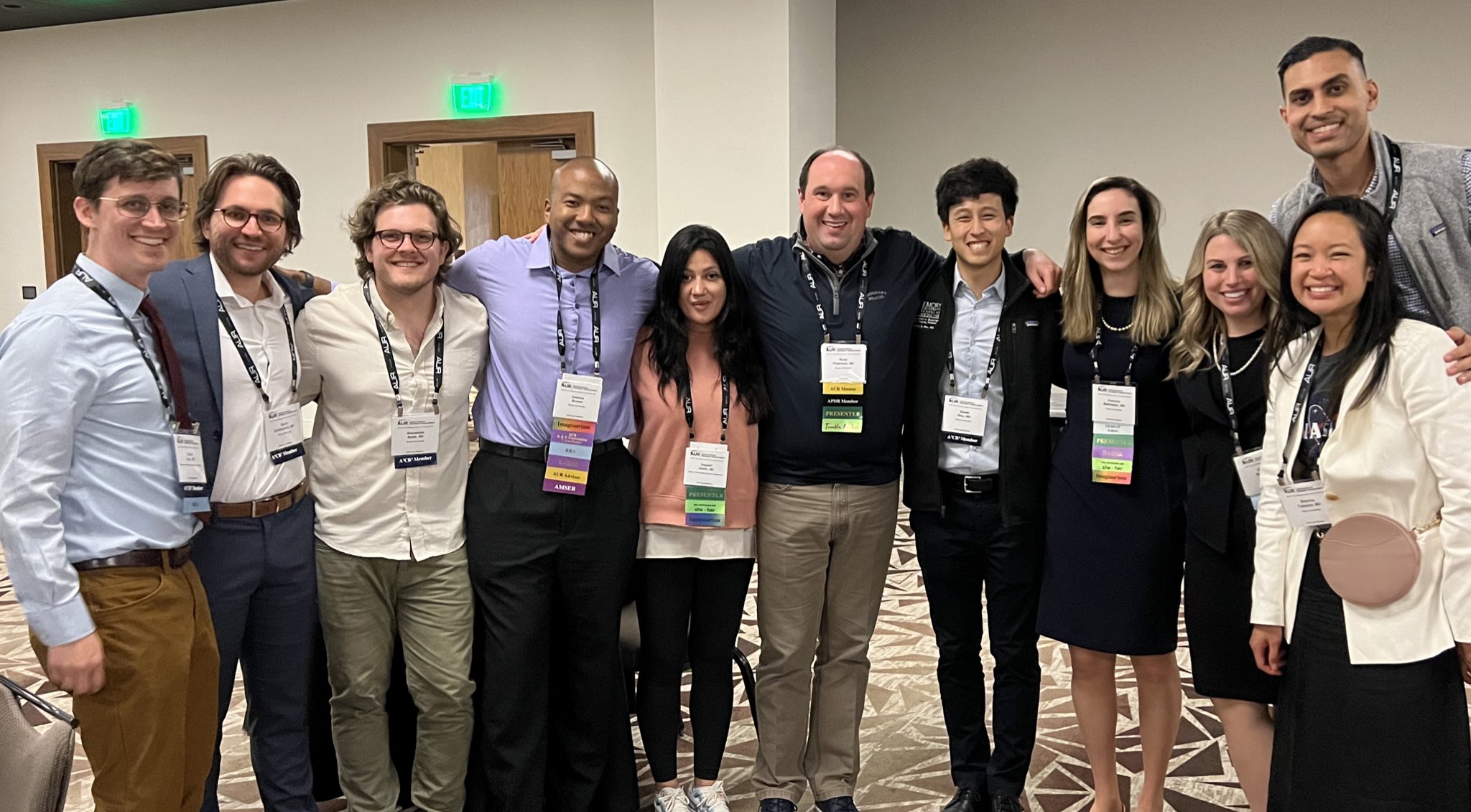
Our department strongly advocates for resident involvement in the greater radiology community.
Call
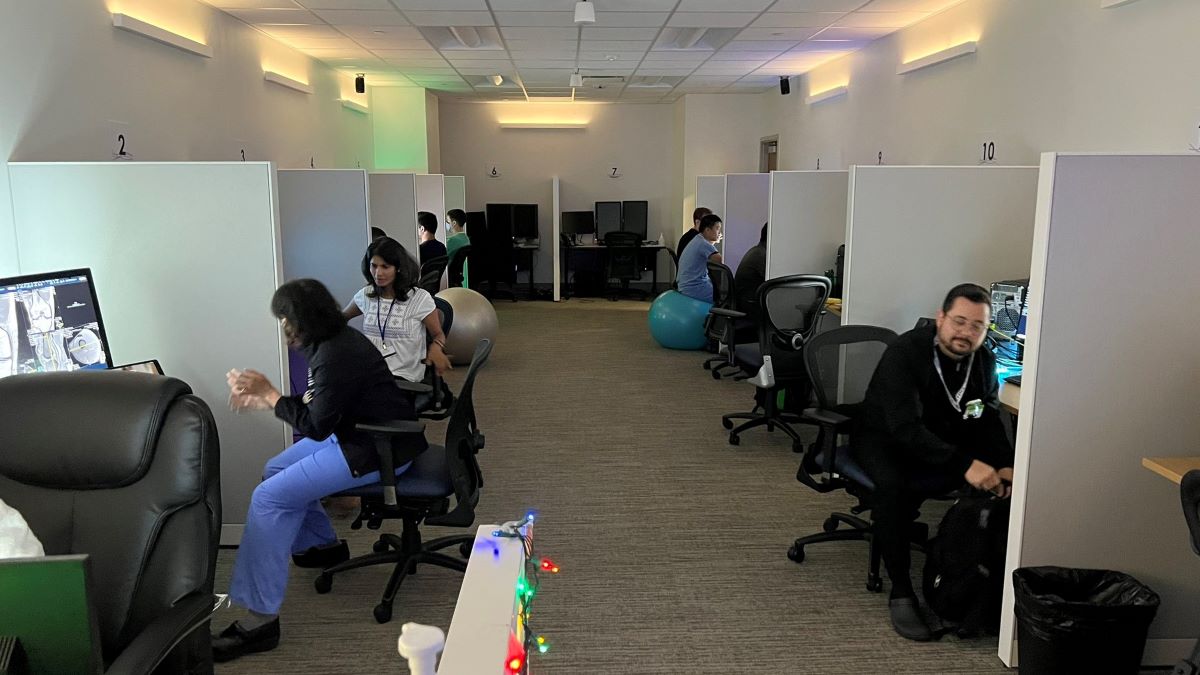
Yes, call IS educational! Most residents we know would agree that taking call allows them to synthesize and apply their radiology education while building the skills of speed and confidence through independence (though, of course, upper-level residents, fellows, and attendings always are ready to provide backup and support). Radiology call at Emory includes a combination of night float and traditional call.
The requirements are as follows:
Night Float
- R2 Year: 4 weeks of night float at Emory and 1 month at Grady
- R3 Year: 2 weeks of night float at Emory and 1 month at Grady
- R4 Year: 2 weeks of night float at Emory and 2 weeks of evening swing shift at Grady
Please note that night float at Grady is planned by residents to allow for blocks of time off.
Call Shifts
- R2 Year: ~ 10-12 weekend shifts and ~ 12 evening shifts at Emory
- R3 Year: 4-5 weekend shifts at Emory and 5-6 weekend shifts at Grady
- R4 Year: 5-6 weekend shifts at Grady
- Most R2-R4s take 1 weekend shift at Children's Healthcare of Atlanta during their peds rotation but are compensated during the weekday.
Moonlighting
Emory radiology offers many internal moonlighting opportunities for both IR and DR residents. Moonlighting” refers to extra-work additional to regular shifts often performed in the evening, nights or weekends, which allows residents to earn supplemental income. Opportunities include contrast coverage (i.e. babysitting the scanner) or dictation shifts covering a range of specialties such as abdominal, neuroradiology, acute care, and emergency/trauma imaging. No additional licensing or insurance is required for Emory residents. External moonlighting is not allowed outside of the Emory system.
Library
Reading is a fundamental part of radiology education. A broad selection of textbooks, review books, journals, video/multimedia collections, and other resources is available at the main departmental library, subspecialty libraries, and site-specific libraries. Our residents currently have access to multiple teaching files, our intradepartmental website, and the vast resources of Emory University Libraries. A yearly professional development fund covers the purchase of radiology books and other educational resources.
The American Institute of Radiologic Pathology
Our residents currently have the special opportunity to attend the four-week course in radiology-pathology correlation offered by the American Institute for Radiologic Pathology, or AIRP (formerly known as the AFIP).

